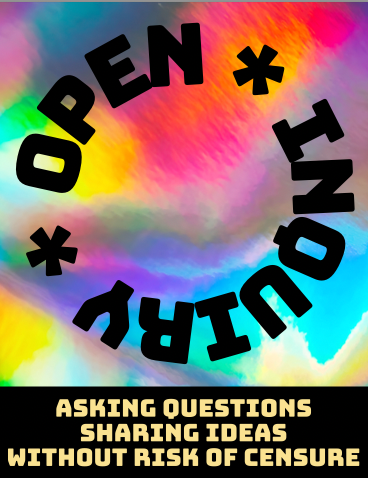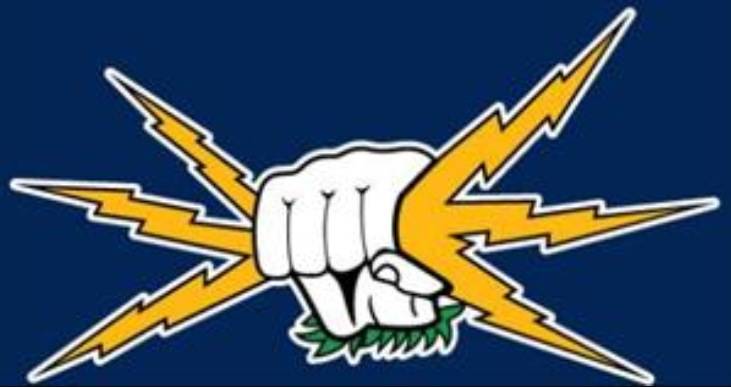Monday – Sept. 11, 2023
- Journal:
- Lesson(s):
- Exercise:
Wednesday – Sept. 13, 2023
- Journal:
- Skim The Battle of Prince Rupert. Quickly find one quote of interest. Then copy down the quote and explain why you find interesting or what you think it means.
- Skim Witsuwit’en Law. Quickly find one quote of interest. Then copy down the quote and explain why you find interesting or what you think it means.
- Lesson(s):
- Exercise:
- Conference with Mr. Kertes (1st half of the class).
Thursday – Sept. 14, 2023
- Journal:
- Which matters most: Freedom of expression or limiting speech to avoid offending or harming others? Why?
- What is one topic (or opinion) that really bothers you when people talk about it? Describe the topic (or opinion). Explain what it bothers you to hear it being discussed.
- Lesson(s):
- Discussing Ideas as a Class (pdf)
- Narrative Construction of Reality:
- Living Next Door to Sherman (His character must have taught me English)
- Deadly Connections: Life. Death. Agent. Orange.
- Never Accept Responsibility: My glimpse into the life of the rich and powerful, Communists
- Always Seek Trouble
- When I was younger… (indexed elsewhere, too many to list here)
- Moment of Truth (Never have I seen…) (not yet previewed)
- Turn in the Teacher (Grade 10 Washington State History)
- Breaking into the Hospital to See My Dad
- Soap Box Speech (my best speech ever)
- Dry Heaving in a Bathroom (am old and worn out story)
- Everybody’s a Winner (not yet previewed)
- Here, take this bundle of cash (one of my favourites, not yet previewed)
- Tyler and Mr. T.
- Holding Revenge Fantasies: Base five math, ten minute athlete, and address to the nation (that’ll get them)
- The Star Crossed Self: Deciding the Destiny of Twelve-Year-Old-Tom
- Only Through Adult Eyes: This is reality (and it’s not always fun)
- Falling out of a truck (foreshadowed)
- Jumping over wheat fields is actually fun (very short story)
- Ugly swim trunks (what not to do)
- Why I teach drama
- Toga party (very short story)
- The Hardest (airplane landing, ferry departing)
- Biggest Regret(s) (preview only)
- Mr. Griffith
- The Best and the Worst of Me
- Now, That Was Stupid (likely won’t share this one)
- Losing My Innocence (airplane landing) (innocence = arrogance?)
- Tossed Out: How not to spend your college savings (preview only)
- Stitches for Snitches
- Enslaved Workers in Florida Fields (please, stop joking about this)
- My Friend in Haiti (previewed right now)
- DC series (previewed right now)
- McDonald’s
- The One About the Coffin
- Outside: Park Benches, Alleyways, Church Doors
- Sports series:
- Tough Guy in the Hallway
- Student Staff Basketball
- Duck, Duck, Tackle
- Deciding the Destiny of Twelve-Year-Old-Tom
- Coach Kertes (previewed right now)
- Ten Minute Athlete
- Impressing the Kids in DC
- Another Kind of Narrative: https://viurrspace.ca/handle/10613/22201
- Exercise:
- Review North Coast Narratives for quiz.
Friday – Sept. 15, 2023
- Journal (start “Scenes and Rendering Journal”)
- Read the board. This explains the process for the “Scenes and Rendering Journal”. Write a plan for how you will start doing the life observations in preparation for the journal each day.
- Lesson(s):
- Exercise:
- North Coast Narratives quiz (we will do this at the start of class)







